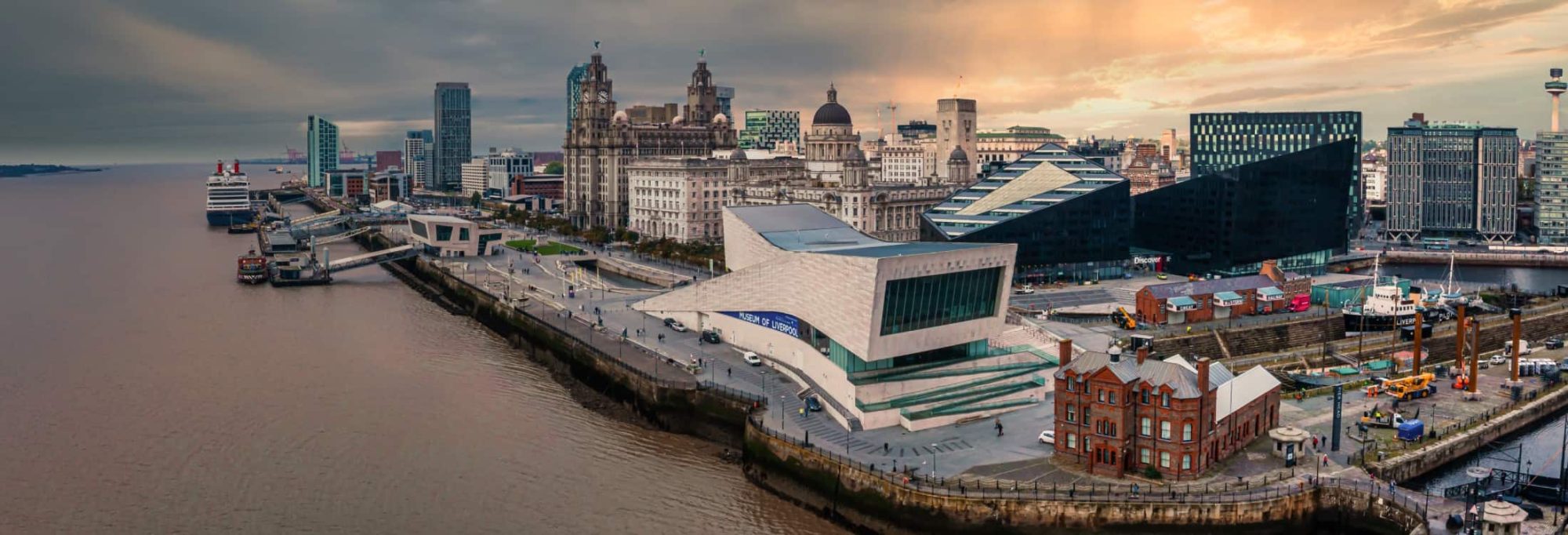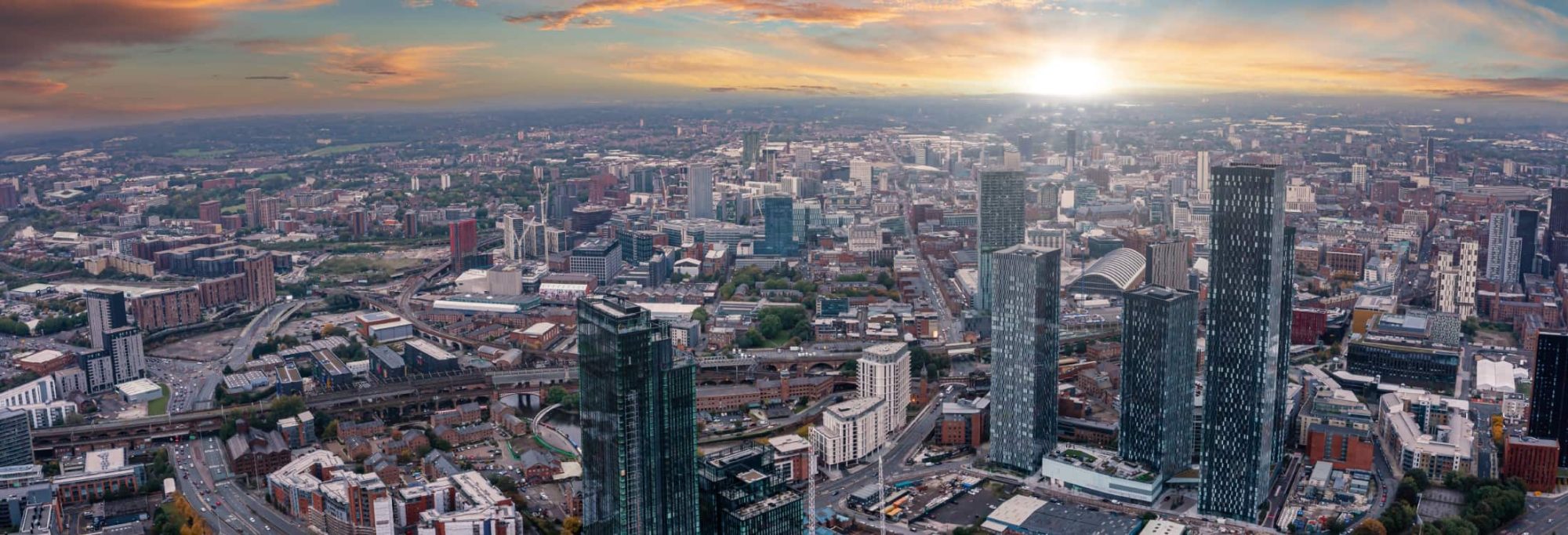








The recent forged, and potentially insufficient EWS1 form scandal at Tri Fire has cast a harsh spotlight on the construction industry and its integrity crisis. For an industry that prioritises traceability, accreditations and third-party approvals as a safeguard to ensure competency, these measures are insufficient on their own, and in reality can be exploited to create dangerous situations where substandard and even fraudulent work can slip through the cracks. This is work that, in the case of fire safety, can quite literally be a matter of life and death. Even post-Grenfell and following the widespread calls for reform and enhanced regulatory oversight, incidents of substandard fire risk appraisal of external walls (FRAEW), inadequate cladding materials, and flawed safety inspections persist.
What this situation exposes is an uncomfortable truth, the construction industry is not just facing a competency problem but a moral one. Too often, companies and individuals operate within a ‘tick-box’ culture. We need to start placing as much emphasis on ethical conduct as we do on qualifications. But how do we ensure the integrity of those we work with? The answer lies in the culture within businesses and across the industry as a whole. It starts with leadership. Business leaders must foster an environment of being transparent about mistakes and taking the time to address issues if they arise and prioritising quality over deadlines.
The industry must also push for regulatory change. Bodies such as the Institution of Fire Engineers (IFE), must be given stronger enforcement powers to hold individuals and companies accountable. Clients also have a role to play – rather than simply looking for firms with the right accreditations, they should seek out companies with a proven track record of ethical behaviour and transparency. Integrity is evident in how a company operates, communicates, and presents itself, not just in the certification it holds.
Finally, we must create a culture where whistleblowing is supported rather than feared. Those who speak out against unethical practices should be protected, not punished. Rather than be concerned about how it looks to the others, we must embrace those that call out the incorrect behaviour and embrace changes to ensure the unwanted behaviours cease and changes are made for the better. The fear of repercussions often keeps individuals silent, allowing dishonest practices to continue unchecked.
Having more senior leaders in construction talking about the importance of integrity and how to foster it within the sector is key. I believe we all must work harder to shift our focus to developing a culture of ethical accountability, where doing the right thing is just as important as being qualified to do the job. Only then can we truly safeguard the future of our industry.